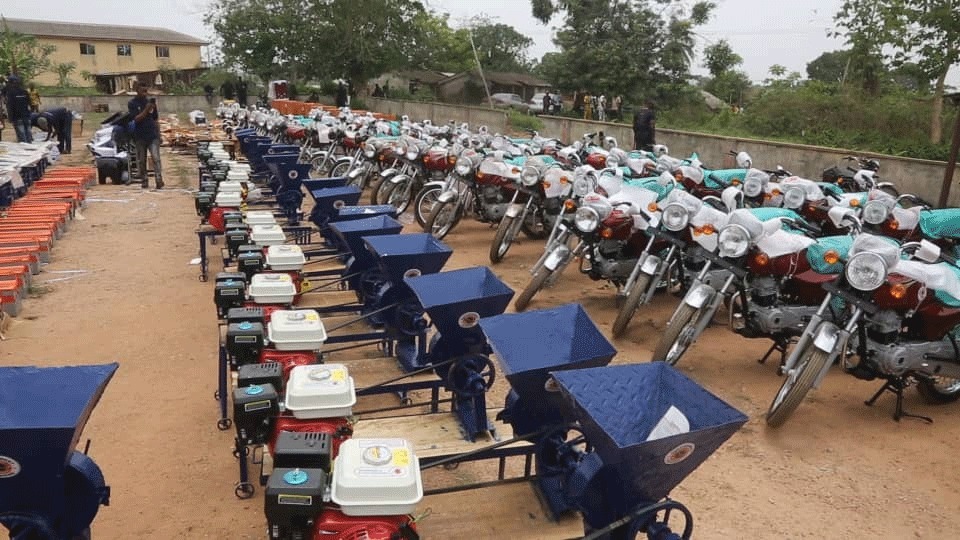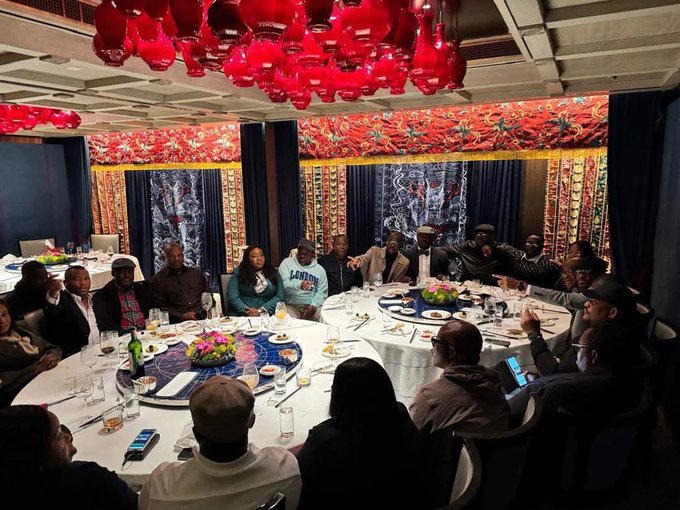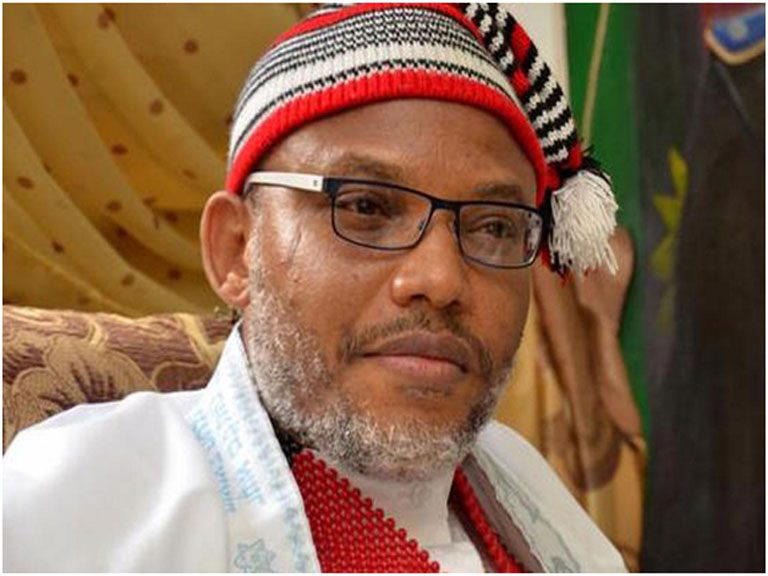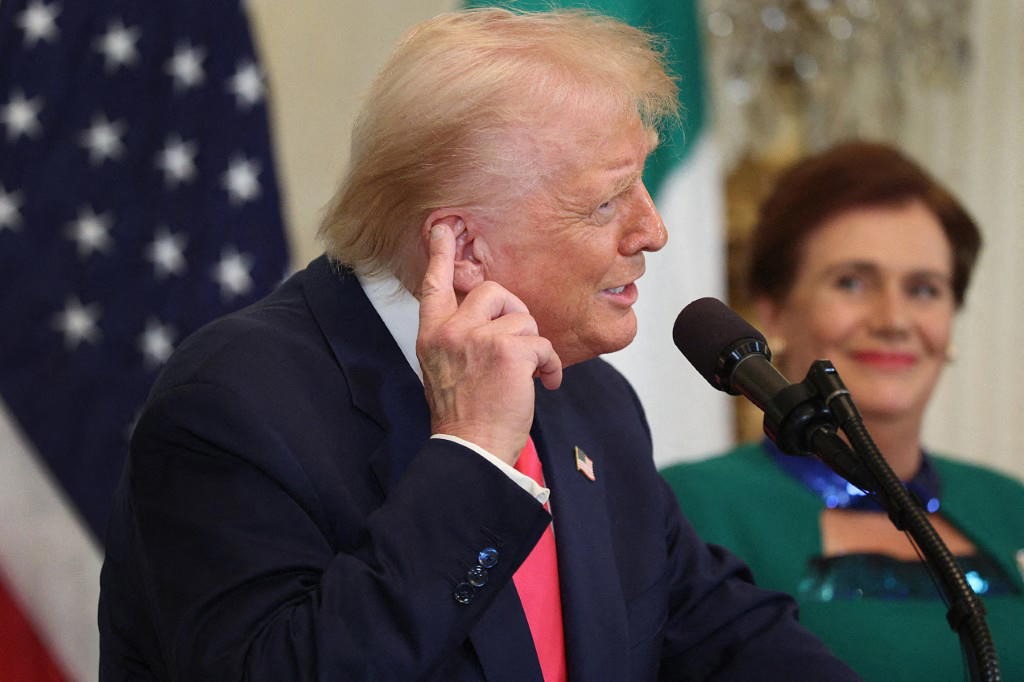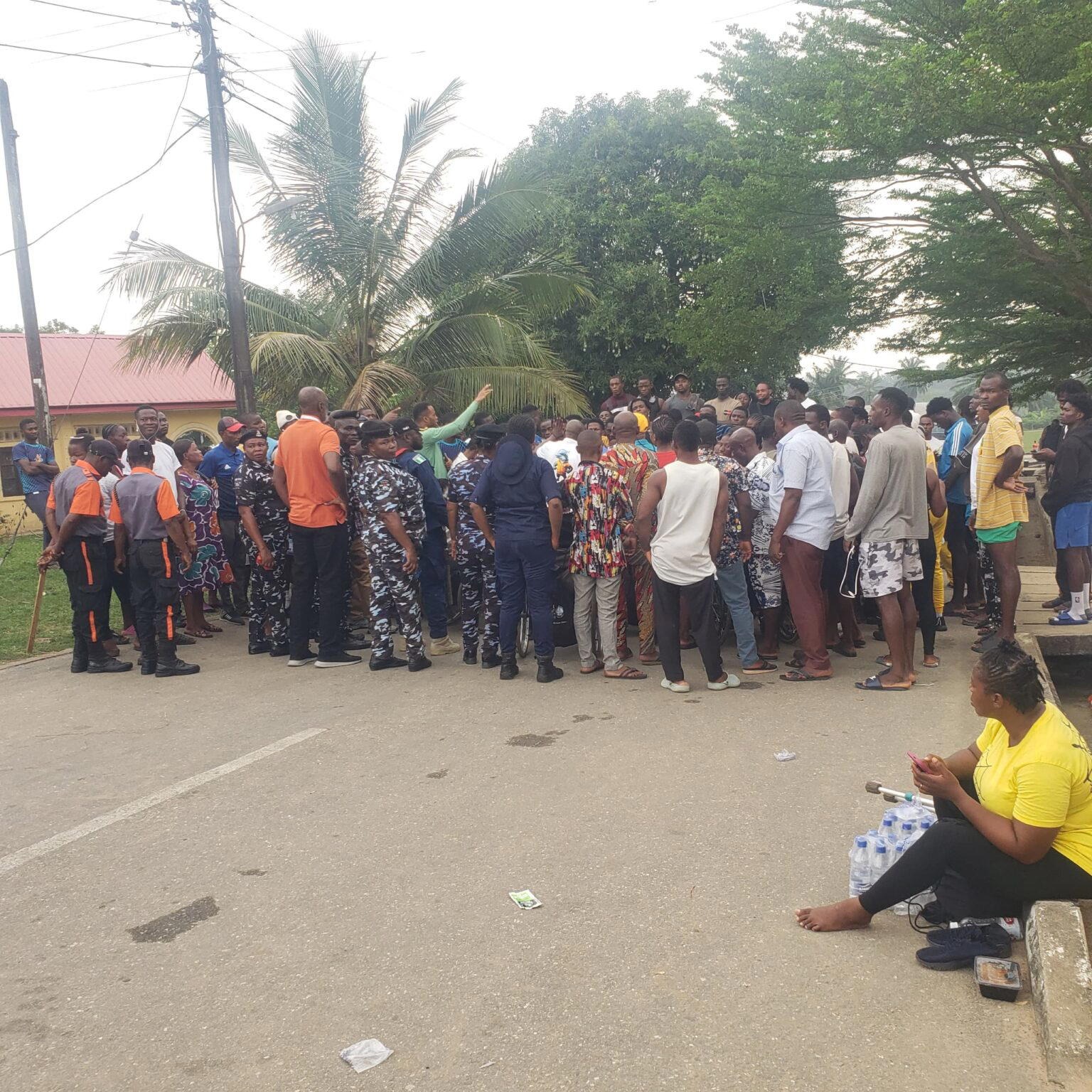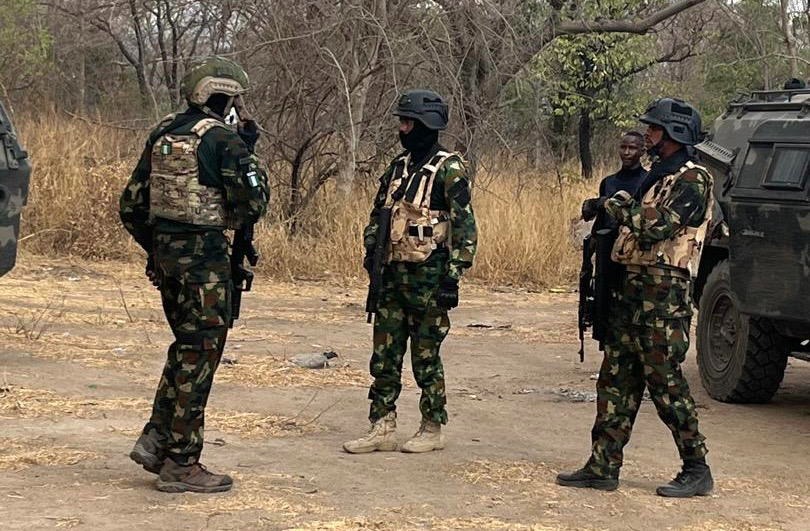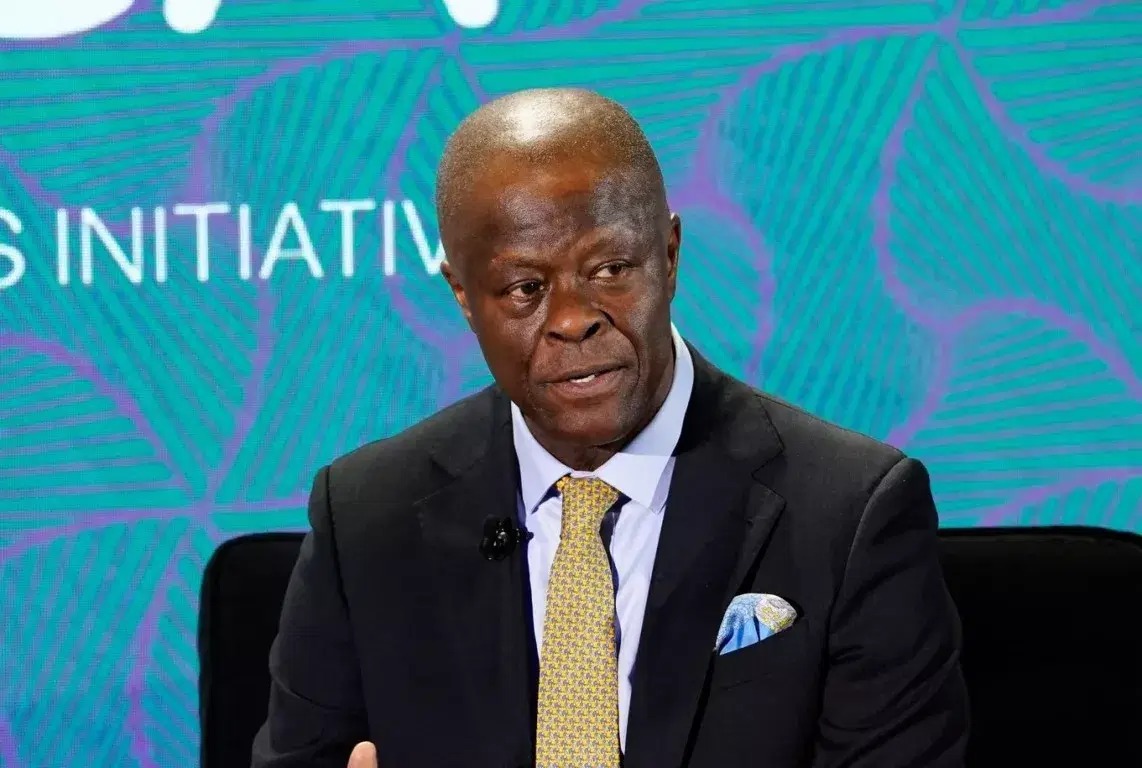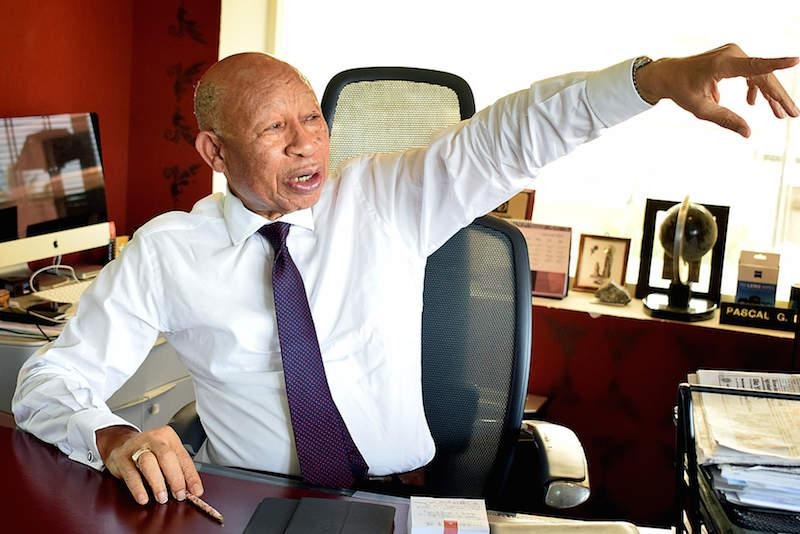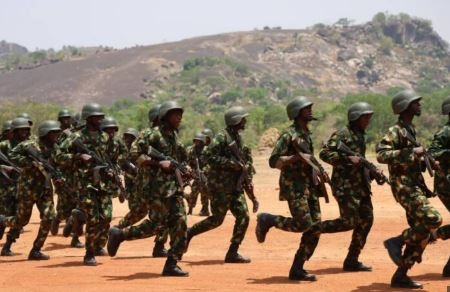A former Minister of Lands, Housing, and Urban Development, Chief Nduese Essien, has outlined reasons why politicians across Nigeria should discourage and stop empowerment programs.
Essien argued that what is commonly known as empowerment is, in reality, a façade designed to mask the government’s inability to provide basic amenities and economic opportunities for its citizens.
He spoke out against the widespread empowerment schemes promoted by politicians, particularly during the disbursement of a N50 million business grant to 500 entrepreneurs by the Eket Local Government Council in Akwa Ibom State.
Essien contended that no serious government in the world addresses poverty alleviation by simply distributing foodstuffs and cash to its citizens. He said:
“The so-called empowerment programs are largely a ruse and an easy cover-up for years of government failure, providing another avenue to squander the people’s money.”
He added: “It is this long-standing failure that has pushed local government chairmen, lawmakers, and other public officials to assume responsibilities that should be handled by the government, such as providing necessities for the people.”
Essien emphasized that governments should create an enabling environment in which people can live with dignity and cater to themselves. He called for an end to the routine distribution of food items and cash, stating:
“We must stop the routine sharing of food items and cash to people who will return to the same queue the next day. It is neither dignifying nor effective.”
He highlighted that throughout the colonial period, the independence era, and even military rule up to 1999, empowerment was not part of Nigeria’s political vocabulary. He said:
“It simply didn’t exist because government, in many ways, did its job.”
Essien, who is also a former leader of the South-South Parliamentary Caucus in the National Assembly, pointed to examples from other countries. He noted that Ethiopia has tied safety nets to public works programs, while Rwanda has heavily invested in vocational education and small enterprise development.
“These are not acts of charity,” he stated. “They are smart, sustainable systems that restore dignity and build capacity. That is what good governance looks like.”
He added: “What responsible governments do is invest in people’s capacity to thrive by creating jobs, building infrastructure, and ensuring access to quality education, healthcare, and credit.”
Essien further emphasized that one would have expected the creation of Ministries of Humanitarian Affairs at both the federal and state levels to significantly impact the welfare of the people.
“Unfortunately, they have become conduits through which public funds are stolen with utter recklessness. All the ministers of humanitarian affairs in Nigeria have been accused of misappropriating and embezzling billions of naira meant for people in distress.”
He concluded: “That is why I am calling on the government to take another look at what has come to be known as empowerment and find better, more sustainable ways of providing safety nets. The truth is, many people who were ‘empowered’ since 1999 are still standing in the same queue, waiting for the next round. The impact has been minimal despite billions spent over the years. Let us correct these mistakes. Let us restore government to its proper role. Let us learn from models that work and develop homegrown solutions that build dignity, not dependency.”
